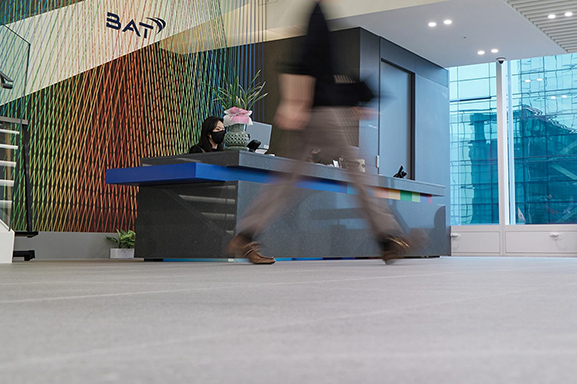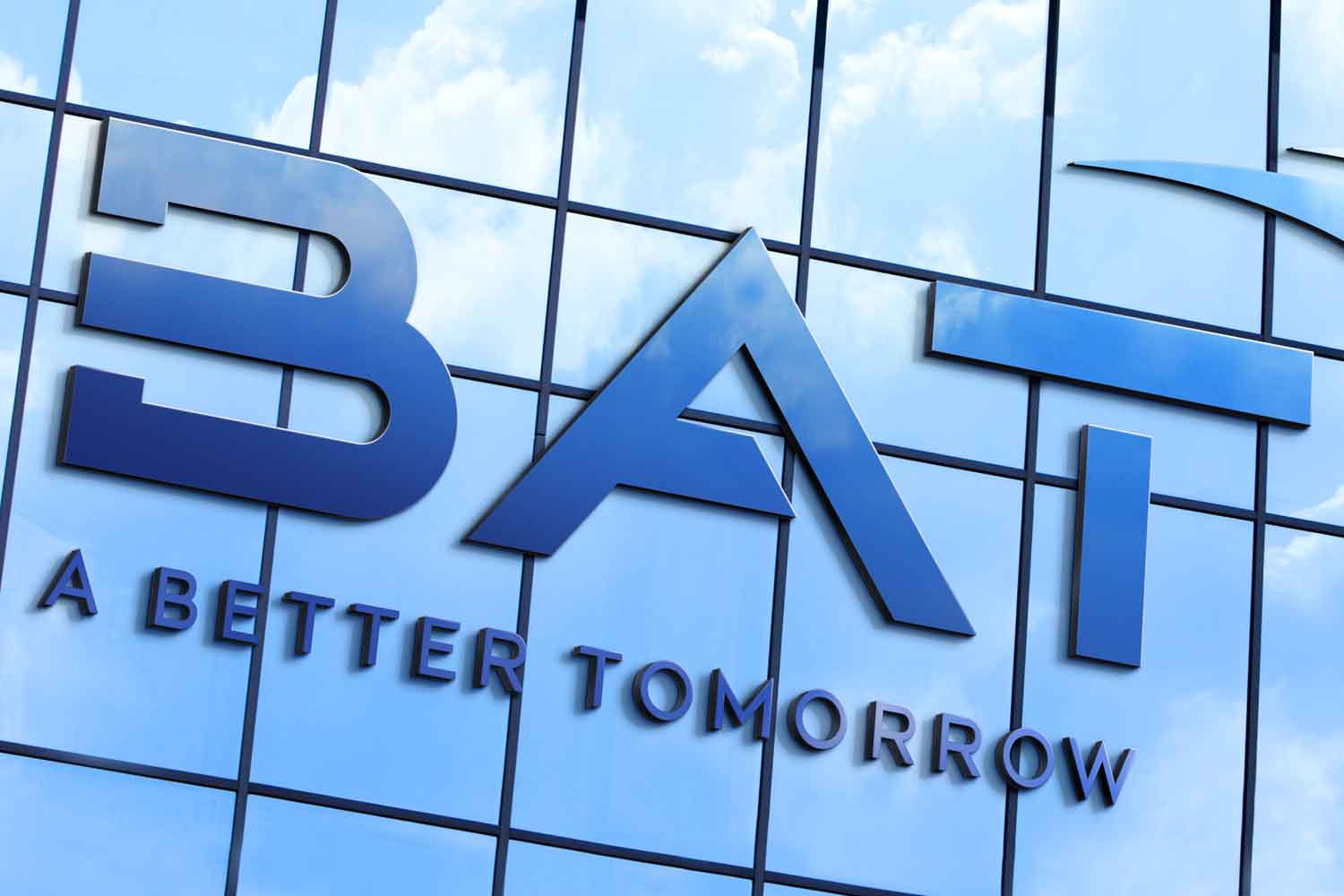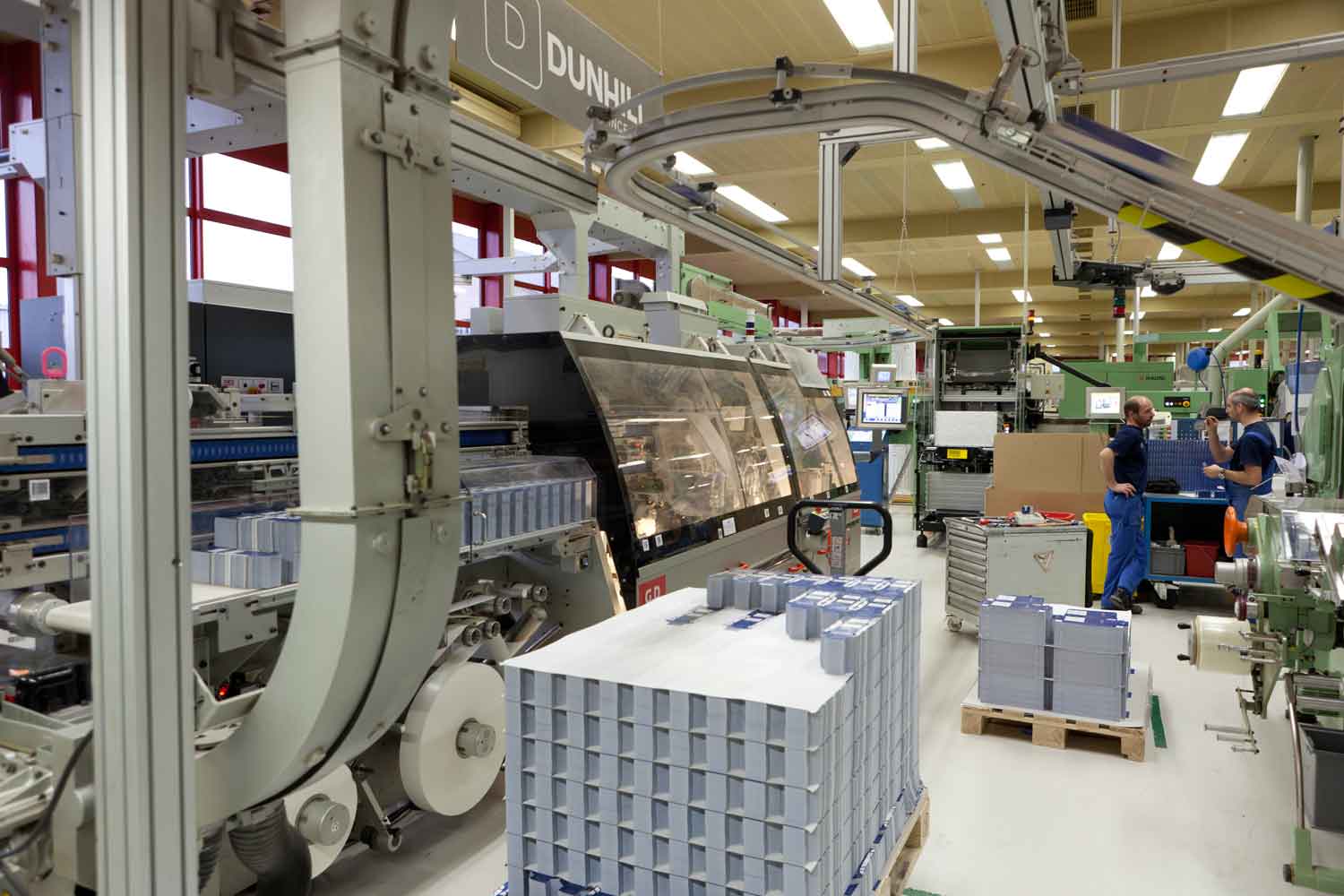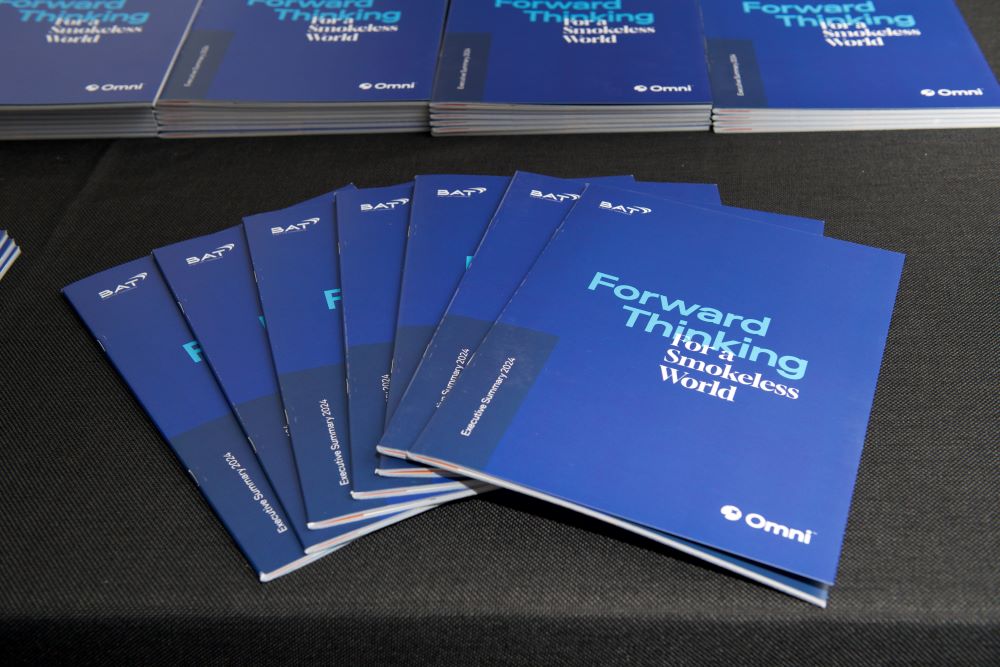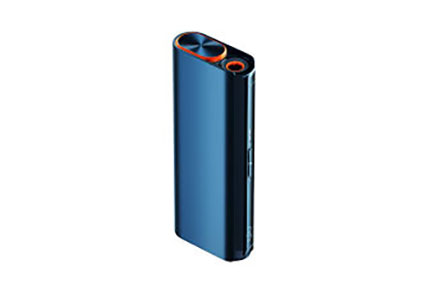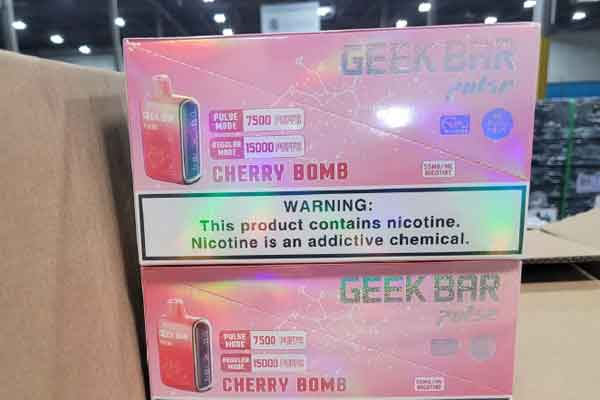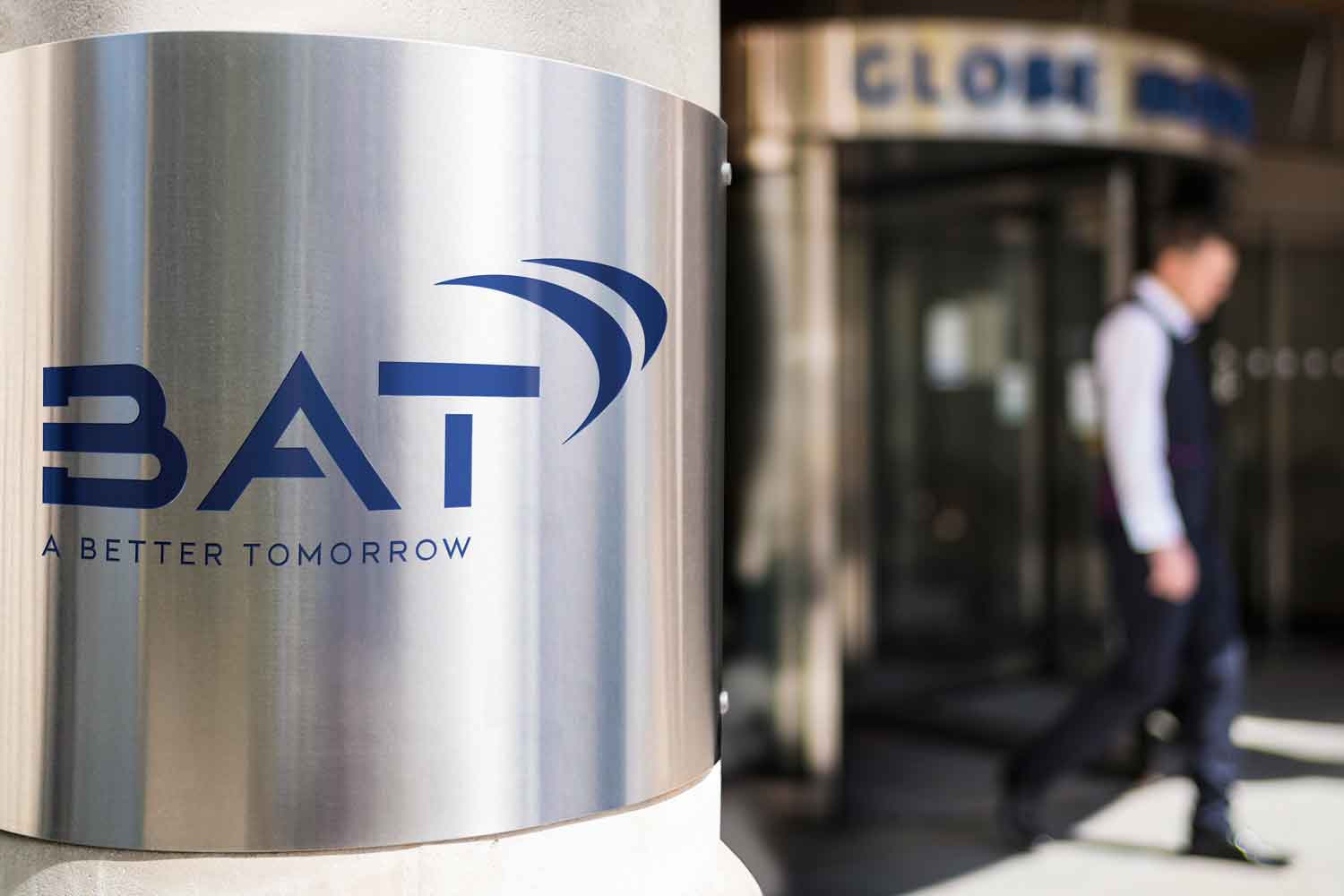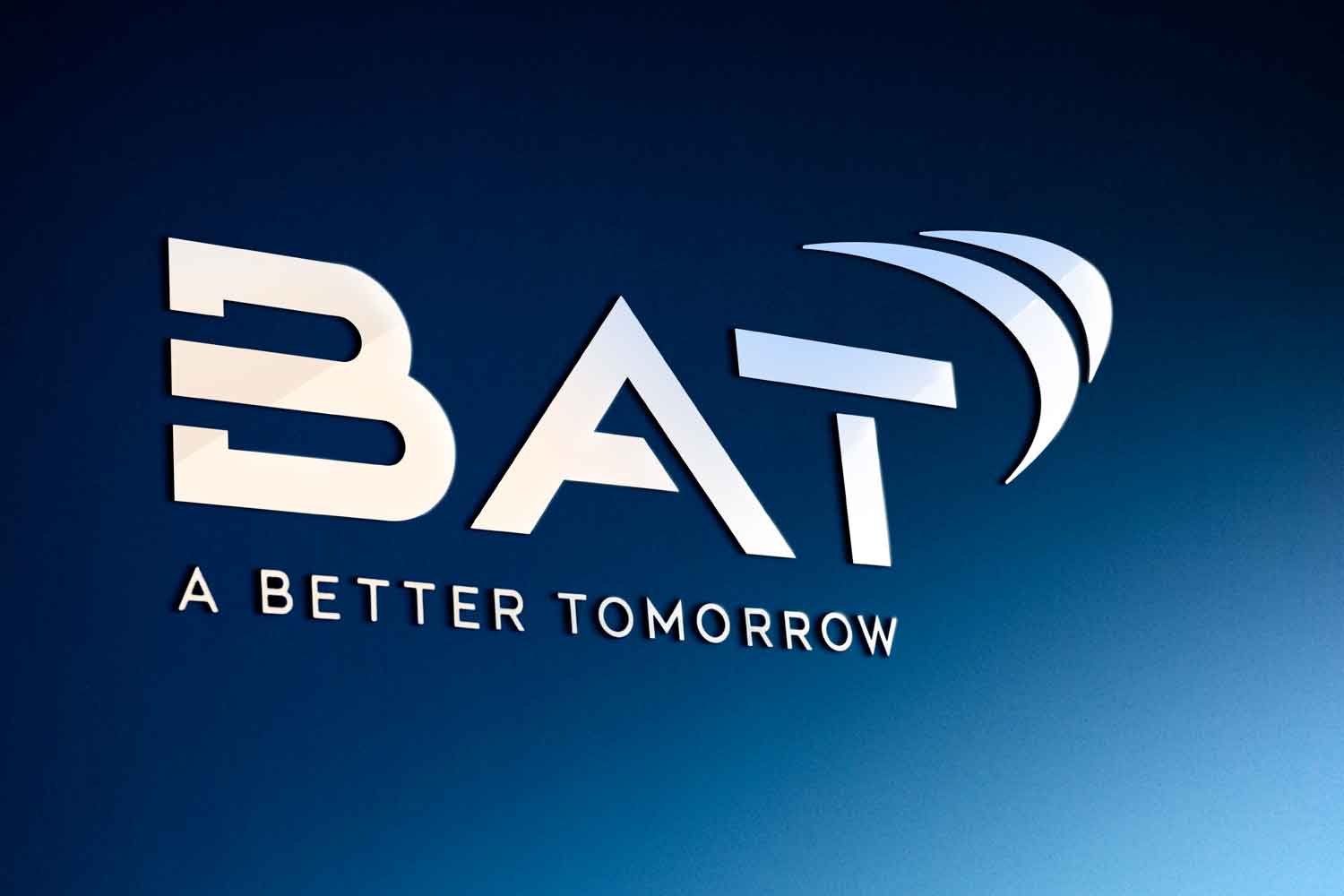Popular vape brands like Geek Bar may get more expensive in the U.S.—if you can find them at all, Reuters reports. Shipments of vapes from China to the U.S. ground to a near halt in May from a year ago, official data shows, hit by U.S. President Donald Trump’s tariffs and a crackdown on unauthorized e-cigarettes in the world’s biggest market for smoking alternatives.
That includes Geek Bar, which is not authorized to sell in the U.S. but has been widely available due to porous import controls. Geek Bar was by far the most popular unauthorized vape brand in the U.S. last year, accounting for around a quarter of sales tracked by market research company Circana in 2024 despite lacking a license to sell from the FDA.
One retailer, who asked not to be named because their business sells unauthorized vapes, told Reuters that one of the store’s vape suppliers normally receives 100 boxes of Geek Bar vapes per week, but is now getting just 10. Another supplier imposed unprecedented purchase limits of five boxes.
“There were a lot of supply chain issues” during COVID-19, the person said. “But I’ve never seen this.”
Trump’s decision to impose steep tariffs on China, now at 30% after peaking at 145% in April, as well as blockbuster seizures of unauthorized vapes, have constrained the supply of Chinese-owned vape brands and Geek Bar in particular, according to five industry sources and notices from U.S. Geek Bar wholesalers reviewed by Reuters. In May 2025, the FDA recorded just 71 shipments of products labelled as e-cigarettes or vapes from China, compared with nearly 1,200 over the same period last year.
To mitigate tariffs, illicit vape producers can mislabel or undervalue their shipments or spoof their origin entirely to make it look like they came from a lower-tariff country like Indonesia, Vietnam or Mexico, said Luis Pinto, a spokesperson for British American Tobacco. Vapes from China are often smuggled into the U.S. disguised as other items entirely, such as shoes or toys, to evade officials hunting for unauthorized vapes at the border, according to public statements from the FDA and Customs and Border Protection.
The growth of Geek Bar and other unregulated vape brands has eaten into the market share of cigarette companies like Altria and BAT, which estimates unauthorized e-cigarettes accounted for some 70% of all U.S. vape sales last year.


